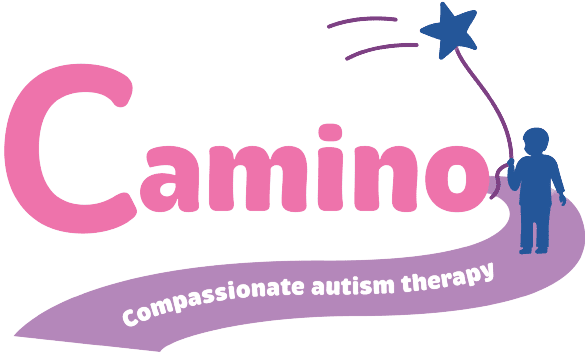Family involvement training in ABA therapy plays a crucial role in maximizing the effectiveness of therapy and promoting positive outcomes for children with autism spectrum disorder (ASD). By actively engaging families in the therapy process, ABA therapy providers can create a supportive environment that fosters learning, growth, and development.
The Role of Family in ABA Therapy
Family involvement in ABA therapy is not just about being present during therapy sessions; it involves a multifaceted approach that extends far beyond the confines of the treatment center. Active participation, collaboration, and open communication between therapists and parents are integral components of successful ABA therapy programs.
When families actively engage in their child’s therapy, they become invaluable partners in the treatment process. This partnership extends beyond the therapy room, as parents play a crucial role in implementing strategies and interventions in the child’s daily life. By working closely with therapists, parents can reinforce skills learned during therapy sessions and generalize them to various environments, such as home, school, and community settings.
Collaboration between therapists and parents ensures consistency and continuity of care, which are essential for maximizing the effectiveness of ABA therapy. Therapists provide families with guidance, support, and resources to help them navigate the challenges associated with raising a child with autism spectrum disorder (ASD). In turn, parents provide valuable insights into their child’s strengths, preferences, and areas of need, which inform the development of individualized treatment plans.
Moreover, involving families in the therapy process fosters a sense of empowerment and ownership as parents become active participants in their child’s journey towards progress and success. By working together as a team, therapists and parents can create a collaborative and supportive environment that nurtures the child’s growth, development, and overall well-being.
In essence, family involvement in ABA therapy is a cornerstone of effective treatment. By fostering collaboration, communication, and partnership between therapists and parents, ABA therapy programs can achieve greater success in helping children with ASD reach their full potential.
Improving Learning Outcomes with ABA Parent Training
ABA parent training equips parents with the knowledge, skills, and resources they need to support their child’s progress outside of therapy sessions. Through parent training, caregivers learn evidence-based strategies to reinforce positive behaviors, manage challenging behaviors, and promote skill development in everyday situations. By empowering parents to be effective agents of change, ABA parent training enhances the child’s learning outcomes and promotes the generalization of skills across settings.
Strategies for Effective Family Engagement in ABA
Effective family engagement in ABA therapy involves establishing clear communication channels, setting realistic expectations, and fostering a collaborative partnership between therapists and families.
Therapists can involve families in goal setting, progress monitoring, and decision-making processes to ensure that therapy goals align with the family’s priorities and values. Regular communication, feedback, and support from therapists help families feel empowered and confident in their role as advocates for their child’s development.
The Benefits of ABA Parent Education
ABA parent education provides families with valuable resources and support to navigate the challenges associated with raising a child with ASD. By offering workshops, seminars, and educational materials, ABA therapy providers can empower parents with information about ASD, ABA therapy principles, and effective parenting strategies. ABA parent education promotes greater understanding, acceptance, and resilience within families, ultimately leading to improved outcomes for children with ASD.
Family involvement training in ABA therapy is essential for optimizing the effectiveness of therapy and promoting positive outcomes for children with ASD. By actively engaging families in the therapy process, ABA therapy providers can create a collaborative and supportive environment that empowers parents and promotes the overall well-being of children with ASD.
Our team at Camino is here to support you on your journey towards helping your child reach their full potential. For more information about our ABA therapy services and how we involve families in the therapy process, contact us today.

